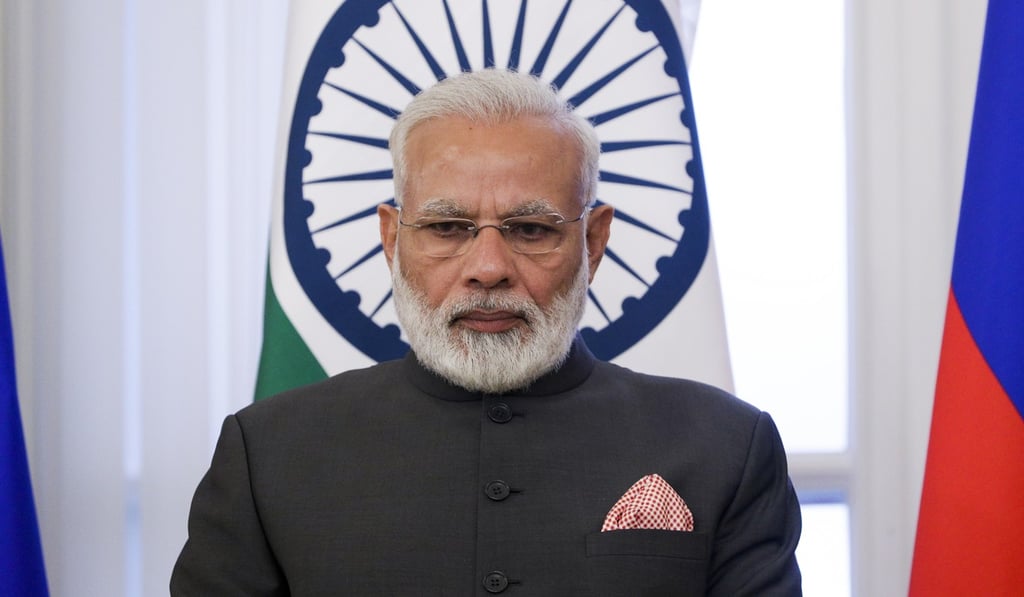Think GST is hurting India’s Modi? Look at Malaysia
Malaysia’s opposition vows to abolish the levy if victorious in elections, but other countries seem wedded to the idea of consumption taxes to boost revenue – despite the political cost


The move – India’s biggest tax reform since independence – was meant to unify the US$2 trillion economy by abolishing state and federal levies to create one of the world’s biggest common markets, but IT glitches and a convoluted structure have tamped down expectations that investors will reap immediate rewards.
Withdrawal symptoms: cash is still king in India, Modi not so much
Further west, oil producers Saudi Arabia and the United Arab Emirates this week became the first among Gulf countries to implement a 5 per cent value added tax (VAT), as the two kingdoms’ hereditary rulers look to end tax-free living for their subjects after years of low petroleum revenue.